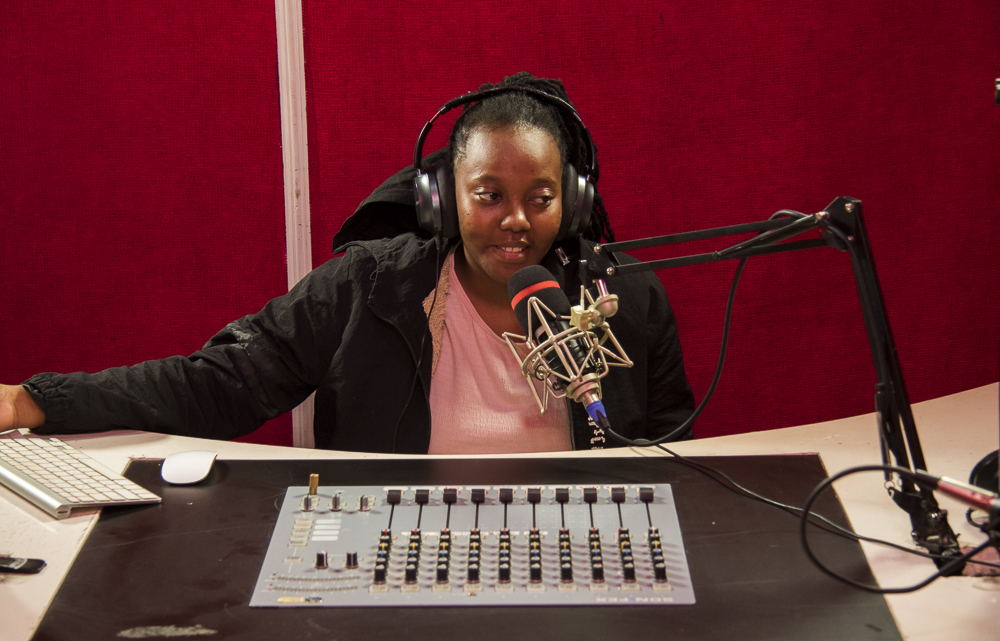
Radio production is an essential part of the broadcast industry, combining creativity, technology, and communication skills. Whether you dream of hosting your own show, producing content, or managing live broadcasts, a career in radio production can be incredibly fulfilling. With the rise of digital radio and podcasts, the scope of opportunities in this field has expanded greatly. This guide will walk you through everything you need to know to get started in radio production.
Why Choose a Career in Radio Production?
Radio production is more than just playing music or hosting shows; it’s about creating engaging content, managing technical aspects of a broadcast, and ensuring seamless communication with listeners. The skills you develop in radio production are transferable across various media platforms, including podcasts, digital streaming, and traditional radio stations. Whether you’re interested in sound engineering, audio editing, or programming, there are countless opportunities to explore in the world of radio.
Key Skills You’ll Learn in Radio Production Programs
A professional radio production program covers several core competencies necessary for success in the industry, including:
- Audio Editing and Mixing: Learning how to use audio editing software like Adobe Audition or Pro Tools to create clean, engaging sound.
- Sound Design: Crafting effective soundscapes and transitions to enhance the listening experience.
- Broadcasting Techniques: Understanding the nuances of live broadcasting, including voice modulation, script reading, and audience interaction.
- Programming and Scheduling: Developing strategies for organizing playlists, interviews, and ad spots to keep the station running smoothly.
- Podcast Production: With the rise of podcasting, programs also often cover how to produce, edit, and distribute podcasts.
Real-World Experience: Getting Hands-On in Radio Production
Many radio production programs include hands-on opportunities for students to gain real-world experience. At AFTTTI Training Institute offering radio production courses, you may work in a live broadcast studio, producing actual radio content. This practical experience is invaluable when applying for jobs in the industry, as it helps you develop a portfolio of work that can showcase your abilities to potential employers.
The Role of Technology in Radio Production
As the industry evolves, technology plays an increasingly important role in radio production. From digital radio broadcasting to integrating social media and live streaming, the technical skills learned in radio production programs prepare students to work with cutting-edge technology. Our programs even offer courses on AI and machine learning applications in media, allowing students to stay ahead of the curve in an ever-changing industry.
A career in radio production offers endless opportunities for creativity and innovation. With a solid education from a reputable radio production program like AFTTTI, you’ll gain the technical and creative skills needed to succeed in this exciting field. Whether you want to work in traditional radio, digital broadcasting, or the fast-growing world of podcasts, radio production offers the foundation for a rewarding career in media.
